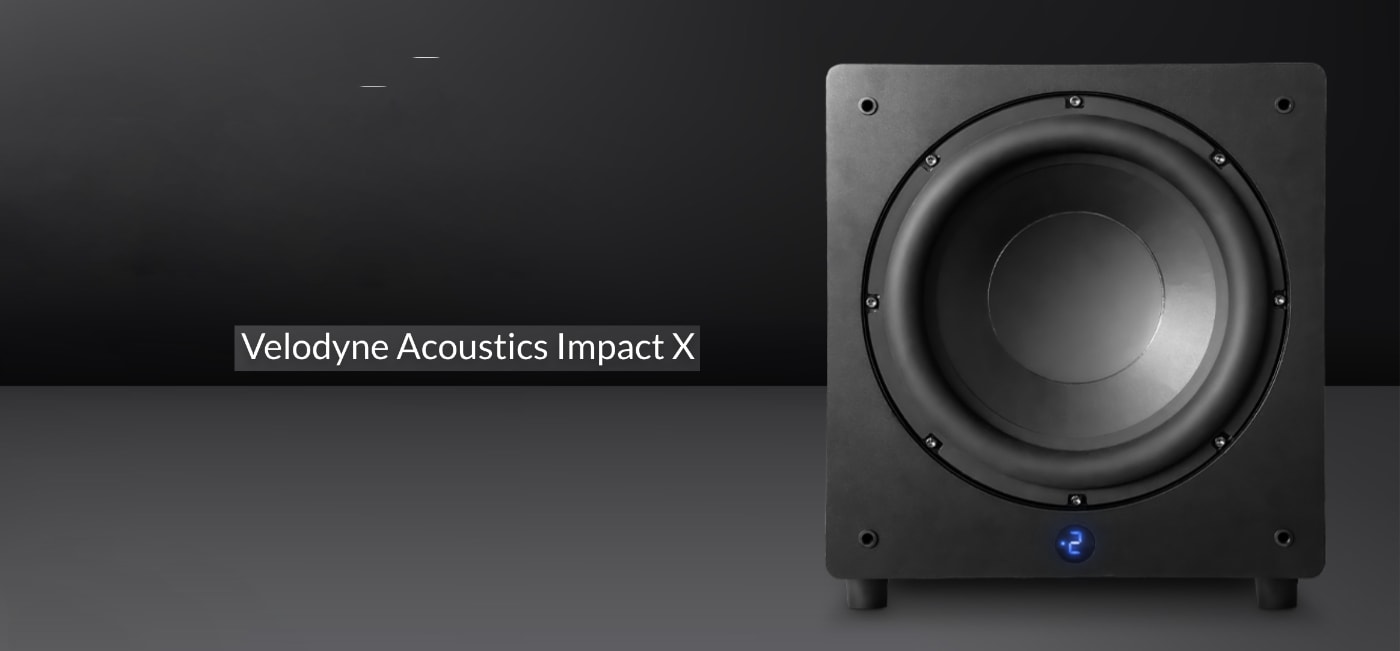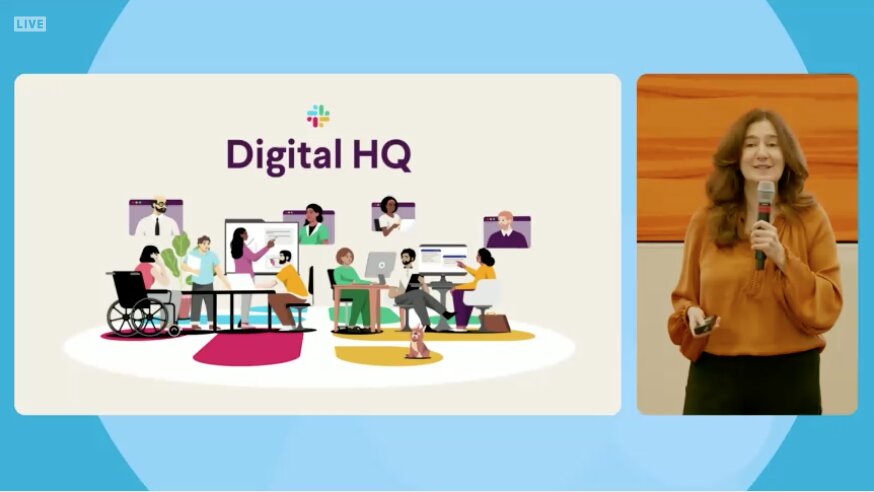
The Sampling Solutions (TSS) has managed to attract an investment of 730,000 euros in record time, of which 230,000 euros come from private investors and 500,000 euros from the investment round at the end of March through the equity crowdfunding platform, SociosInversores.com. The round exceeded all expectations and closed in just 24 hours, outperforming 25% of the initial figure requested, which corresponds to the overfinancing limit legally permitted by the National Securities Market Commission (CNMV).
Among the main investors that participated in the round stand out GVC Gaesco, Pinama Inversores, Labiana Farmacéutica and the same SociosInversores.com platform. Previously, TSS had already managed to raise a first round of 262,000 euros and received a grant of 150,000 euros from the CDTI.
Almost in parallel, the National Accreditation Entity (ENAC), Spanish representative of the European co-operation for Accreditation (EA), granted TSS the European accreditation on April 22 ISO 17025a standard that provides the necessary requirements that must be met by testing laboratories and calibration to ensure technical competence and reliability of analytical results.
In this way, TSS has become in the first accredited independent entity and unique in the European market with official recognition of rigor, setting a standard that distances it from possible competitors in a minimum time of three years. The accredited sampling service external to the client and the laboratory is part of a regulatory change to give fundamental importance to this management: 80% of the analytical result depends on sampling. TSS also provides technical competence, traceability, digitization and technical training to its network of samplers.
The Sampling Solutions was born in January 2020, in Barcelona, by the hand of Eli Bosch, current CEO of the company, as a result of the European normative change towards a greater demand in quality and impartiality in the taking of samples. “This is the trend that prevails in Europe, which means that neither the industries that produce the samples nor the laboratories that analyze them can be the ones to take the sample”Bosch explains.
This regulatory change, reflected in the creation of the ISO 17025 accreditation, opened the door to obtaining said credential for independent entities not qualified as laboratories, such as TSS. The firm offers its clients laboratories and companies that provide inspection, verification, testing and certification services. Outsource and digitize in real time all sampling services, from the request of the service itself to the delivery of the samples.
Problems with the low digitization of the samples
“Currently, the low or null digitalization in the taking of samples carries with it the loss of traceability of the samples, an increase in errors and important bottlenecks in the reception and registration of these by the laboratory that must carry out the analyses. We avoid these blunders.” Bosch says. The company is currently focused on the environmental, agri-food and veterinary sectors, and in the coming months it will enter the industrial sector, wellness-health and big data.
TSS provides a scalable solution both within sectors and geographically, in addition to reducing up to 25% the management costs of taking samples. It has a network of more than 250 samplers nationwide that allows it to reduce service response times from 5 days to 72 hours, and provides full digital traceability in real time, without the need to resort to manual records, which are often source of errors or errors.
TSS has made to date more than 5,000 samples in Spain, It has a portfolio of more than 21 clients, and has participated in the taking of Covid-19 samples in wastewater, hospital cleaning and disinfection audits, agri-food and environmental samples, and sampling requests in supermarket chains.
With the recent capital inflow, TSS plans Incorporate Artificial Intelligence in improving the operations of its platform, such as predicting demand and optimizing the capacity of its resources; the optimization of the mobile application, teams, routes and tasks; detection of contamination situations; early prediction of outbreaks and epidemics; and the generation of a database that can be used both internally and by third parties, aimed at defining patterns, anomalies and anticipating critical situations.



